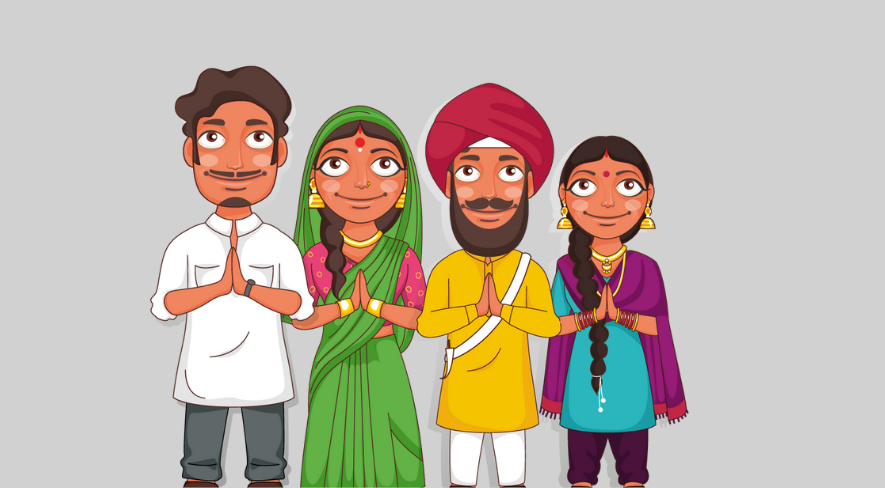When Joseph Nye first introduced the concept of “soft power” in the late 1980s, he termed it the “ability to influence the behaviour of others and get the outcomes you want.” In other words, soft power focuses on co-opting people rather than coercing them. It is a pull or attraction, resting on three resources: culture, political values, and foreign policies.
World leadership in the 21st century
The earlier definitions of national power include hard competencies, such as population, military strength, and economic growth. This has been true across classical antiquity, the middle ages and the renaissance and holds relevance even today. However, the concept of power has evolved to include a combination of things in the modern world. Multiple factors, appeals, and their eclectic abstractions constitute a nation’s soft power. The Fulbright Scholarship Program was an exercise in attaining soft power by the American government. The Beijing Olympics is another example.
With the advent of the internet and the information age, the charm of a place emerges partly from political and institutional areas and other characteristics that lie beyond governments. Let’s assess this from the vantage point of India.
The triumph of Namaste
There are a lot of traditional ways of greeting people around the world. From shaking hands, kissing the cheek, tipping the hat, to localised greetings like snapping the fingers and pressing nose to nose – there are many unique customs, depending on geography and culture.
In India, the gesture of ‘Namaste’ or the ‘Namaskar’ has become a part of the lifestyle, continuing over millennia. Derived from the Sanskrit language, Namaste is an amalgamation of the following terms:
- Namas (found in the Rig Veda)
- Namaahh (meaning adoration or reverential salutation)
- Te (translating as “to you”)
In March 2020, a 12-second video of Prince Charles greeting people with a ‘Namaste’ went viral on social media. In the wake of increasing coronavirus cases in the UK, the British Royal ditched the classic handshake to minimise physical contact during the Commonwealth Service at Westminster Abbey. Before this clip, photos of French President Emmanuel Macron folding his hands had generated a flutter among netizens in India. “President Macron has decided to greet all his counterparts with a namaste, a graceful gesture that he has retained from his India visit in 2018,” read the caption of a picture shared by the Ambassador of France.
With Namaste storming the globe as a preferred style of greeting, one wonders about similar cultural customs; for instance, Japanese bow, the Cambodian sampeah, and the Thai wai. Interestingly, the Thai wai seems to blend the Japanese bow and the Indian Namaste, and sampeah isn’t much different either. In fact, both wai and sampeah derive their basis from the ‘anjali mudra’, which has Indian origins.
The divine power within us
Namaste has a spiritual significance: It is a way of recognizing the divine power within us and in those around us. By joining our palms in a Namaskar, we honour the ‘God’ in the person we meet. And with this thread of positivity and prayer, the greeting takes a whole new meaning. Three syllables and a single gesture contain the core philosophies and beliefs about the Indian way of life.
Hinduism speaks about the concept of unison in pluralism: “Ekam sat viprah bahudha vadanti,” reads a verse from the Rig Veda. It highlights that while each of us may have different personalities, likes or dislikes, “The Truth is One.” When we fold our hands in a Namaste to greet another person, we acknowledge the uniqueness of their being and nod to the higher power, the realm of the sacred. This wisdom of the ancient sages isn’t far from the principles on which India was founded.
The intellectual foundations of India rest on an ancient civilization, a shared history, and pluralist democracy. Our soft power imbibes this very idea. And our success story demonstrates how we tap our diverse potentials, supersede our challenges, and advance on the path to purpose.
Contributed by Arushi Sharma, this article appeared in the ‘Soft Power’ edition of The Plus magazine.

